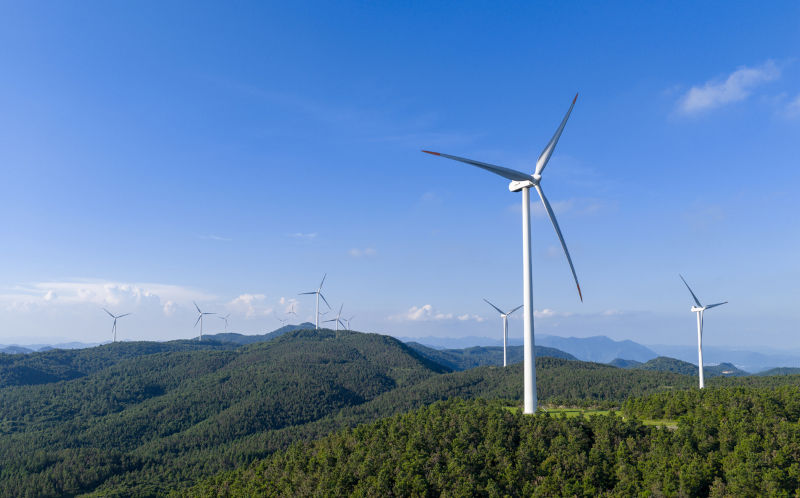Is Australia on the Brink of Becoming the Next Global Powerhouse in Renewable Energy?










2025-09-28T15:26:02Z

Did you know that just as the world once revolved around oil, it’s now pivoting to renewable energy? With countries like Saudi Arabia and Russia dominating the fossil fuel landscape for over a century, they’re now facing a seismic shift that threatens their geopolitical influence.
The global transition toward renewable energy isn’t just about saving the planet; it’s reshaping global power dynamics. Those nations rich in renewable resources—sun, wind, and critical minerals—are poised to take the lead in what's being dubbed the age of the 'electrostate.' Gone are the days when fossil fuel reserves dictated power; watch out for the rise of countries that harness the sun and wind.
Australia is in a unique position to ride this wave. While it currently exports gas and coal, it lacks the centralized control typical of a petrostate, meaning the government has less influence than, say, Saudi Arabia or Russia. Instead, private companies manage resource extraction, leaving Australia with a valuable opportunity to transform its energy landscape.
Historically, petrostates leveraged their fossil fuel resources for diplomatic power, influencing global markets and forging alliances. The US’s reliance on Saudi oil and Russia’s gas supply cuts to Europe during geopolitical tensions illustrate this power play. However, the paradigm is shifting as the world embraces renewable energy.
So what exactly is an 'electrostate'? It’s a nation that dominates the supply chains critical for electrification—think lithium, cobalt, and the technologies that drive electric vehicles and solar energy. China has emerged as the front-runner in this arena, controlling a staggering 60% of the world’s lithium and cobalt, and over 90% of rare earth elements essential for electric vehicles and renewable tech.
China’s strategic moves over the last two decades have positioned it as the linchpin in the global energy transition. With initiatives like the Belt and Road Initiative, China has secured vital resources and markets, raising alarms in the US and Europe about over-reliance on Chinese tech and materials.
As these electrostates rise, nations like Australia find themselves at a crossroads. The continent holds vast reserves of critical minerals, supplying over 50% of the world’s lithium. But to capitalize on this potential, Australia must pivot from merely exporting raw materials to investing in domestic refinement and manufacturing. This not only creates jobs but also secures a foothold in the burgeoning clean energy market.
Building strategic partnerships with countries across Asia, Europe, and Africa will be essential for Australia to diversify its markets and develop its manufacturing capabilities. Moreover, investing in innovation—like next-gen batteries and hydrogen technologies—is crucial for maintaining a competitive edge.
For Australia, the decisions made now will determine whether it becomes an electrostate or remains dependent on those already in the game. With smart policies and collaboration, the land Down Under could emerge as a leader in this new energy era.
 Robert Jackson
Robert Jackson
Source of the news: Pearls and Irritations